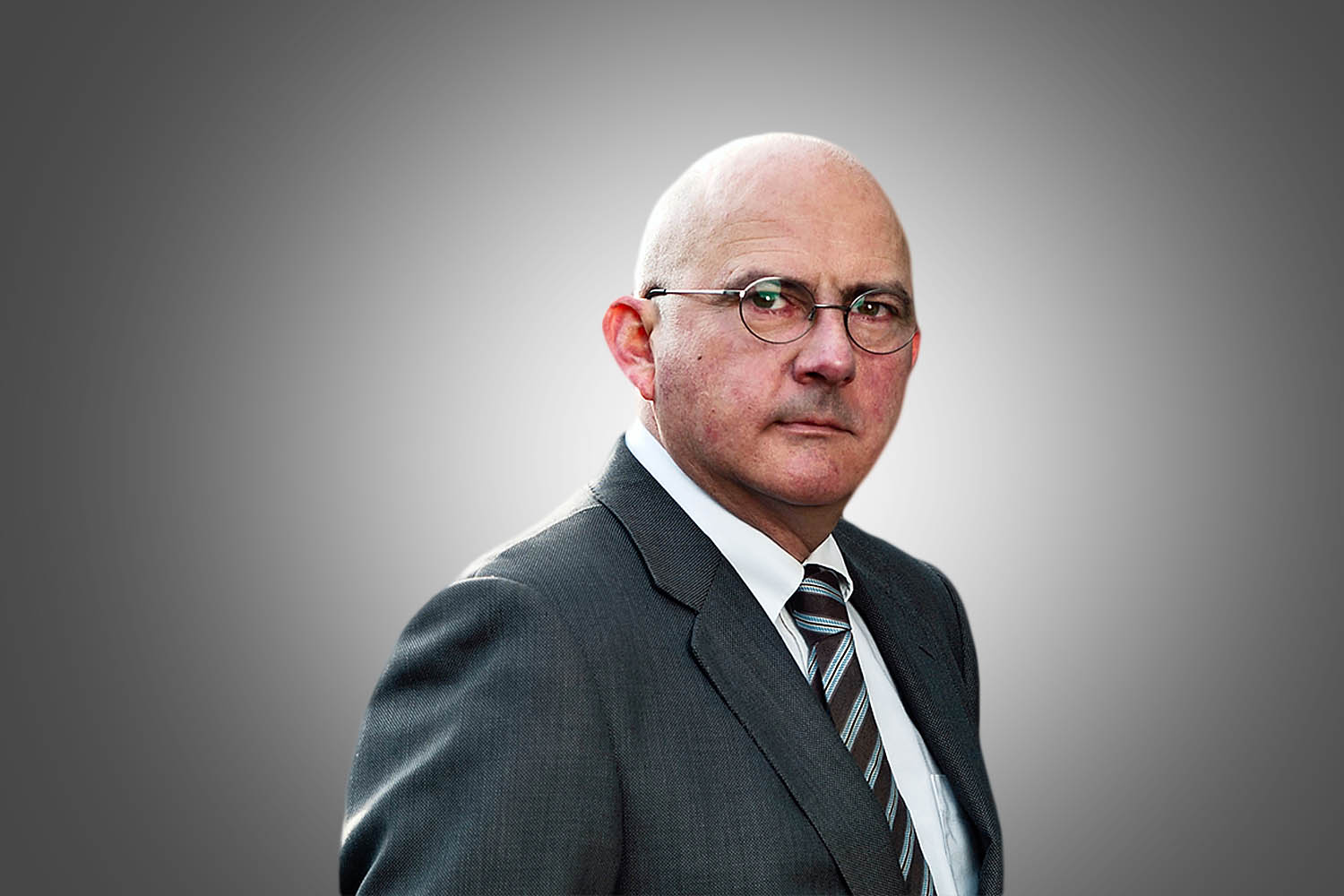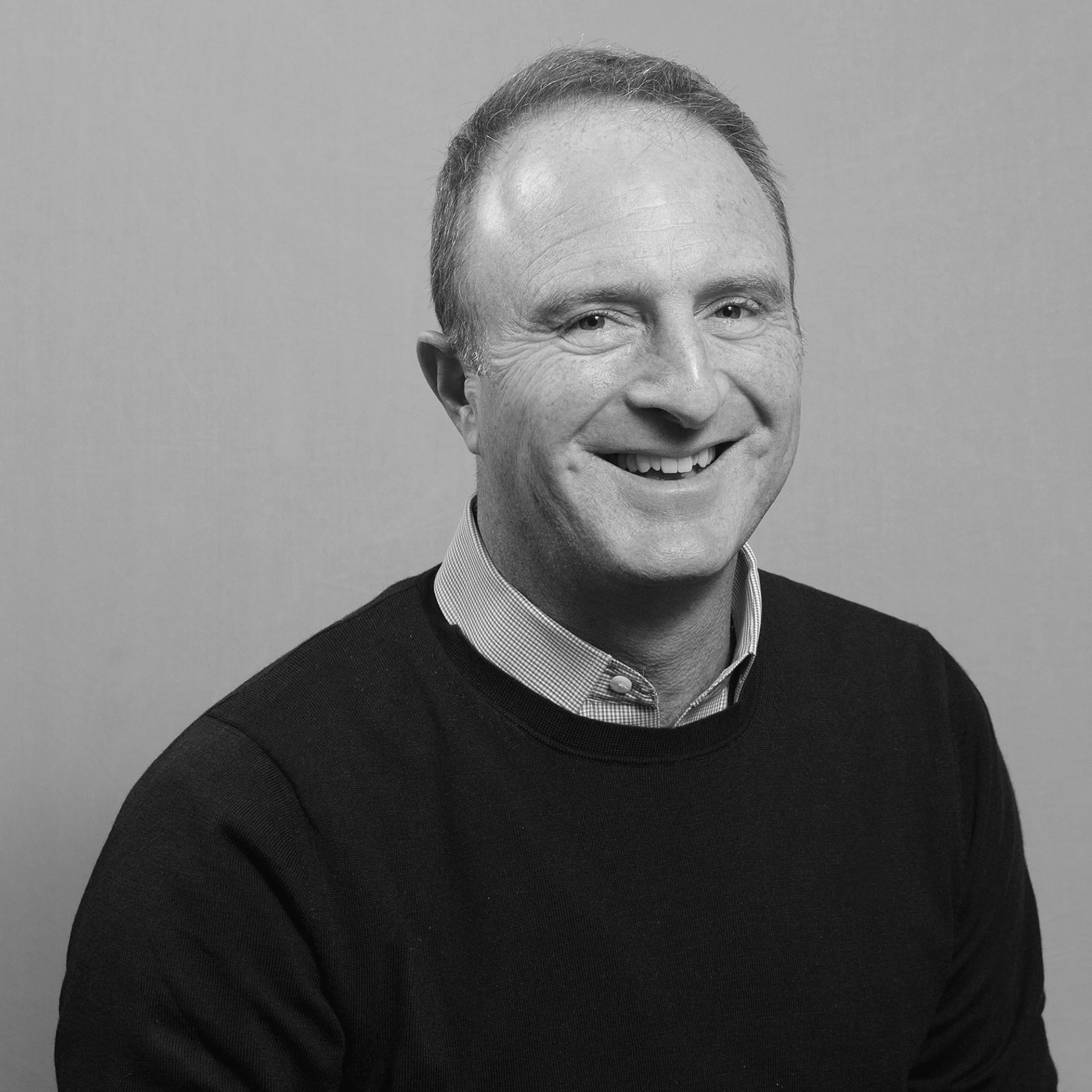Andrew Norfolk was probably the most important investigative reporter of his generation. He wasn’t, though, what you might expect of a journalist.
He was low-ego and rather shy. His great qualities were empathy and humility. He felt for the people he wrote about; sometimes when he told you their stories and relived the horrors he’d heard, he shook.
He taught us all patience. He spent week after week in court on one case, which was then abandoned. None of it could be reported, months had been lost. He carried on.
He faced vile abuse and violent threats. The obstruction and stonewalling by the police and government was exhausting. Listening to so many accounts of manipulation, rape and assault was gruelling. Through it all, he was selfless and softly spoken – except on the page, where he made it impossible to neglect voices that had for years gone unheard.
In 2010, I was editing the Times when the UK News Editor mentioned a story that Andrew wanted to investigate. He said that in towns across the north of England, gangs of men were grooming young teenage girls, plying them with drink and drugs, then taking them off to abandoned flats and rooms above shops and raping them. I remember thinking it couldn’t be true, it sounded like a tale of Victorian times.
‘He was undeterred and would not be intimidated, not by those who accused him of racism, nor by the fascist applause, nor government obstruction’
‘He was undeterred and would not be intimidated, not by those who accused him of racism, nor by the fascist applause, nor government obstruction’
For a few months, we heard nothing more. Then Andrew came back: he had the evidence, he had combed through documents, analysed the patterns of court cases and convictions and he had talked to the girls, young women and the families who had, until then, been dismissed by the police, neglected by social workers and ignored by council officials.
In January 2011 Andrew’s first report into the cover-up was published: “Conspiracy of silence on UK sex gangs.” The men were mostly of Pakistani heritage; the girls were mostly white, between the ages of 11 and 15. Andrew had been warned off the story, told it would be dangerous for communal relations and a boon to the British National Party trying to stoke hatred of Muslims. (For exactly these reasons, Ann Cryer, the Labour MP, had been shunned by her party and government officials when she was a lone voice trying to raise the issue seven years earlier.)
He was undeterred and would not be intimidated, not by those who accused him of racism, nor by the fascist applause, nor government obstruction.
He spent more and more of his time meeting families and attending court hearings in Rochdale, Telford, Blackpool, Bristol, Oxford and, of course, Rotherham. In the autumn of 2011, when we met in Starbucks in Manchester, he worried that the paper or readers could tire of the story. He was only getting going.
Once, he took me along with him for a day to meet people in Rochdale and Rotherham. We sat upstairs in the home of one family and a young woman described it all with details – the bag of chips, the make of the car, the bottle of vodka, the mattress on the floor – that are hard to forget. In the car on the way back, it felt like we owed her a debt. We didn’t say much, except the promise that Andrew wouldn’t stop until her story had been told.
Newsletters
Choose the newsletters you want to receive
View more
For information about how The Observer protects your data, read our Privacy Policy
Keir Starmer, then the head of the Crown Prosecution Service, and Nazir Afzal, who led the CPS in the North West of England, ramped up the prosecution of the grooming gangs in the light of Andrew’s reporting and, finally, secured convictions of gang after gang in towns across the country.
Andrew pursued every avenue in the story. The girls were generally poor, many living in care homes. He investigated who ran them, the private equity firms that owned them and the economic machinery of the abuse. He sat in so many court cases witnessing girls who, having already been treated with contempt or suspicion by the police, were forced to take the stand and be cross-examined in lurid, traumatic detail for hours, sometimes days, on end. He reported that abuse of institutional power, too, and forced a change in court practice as a result.
Rotherham had done all it could to stand in Andrew’s way. The Council sought an injunction to prevent the Times from publishing, claiming that Andrew’s reporting would endanger the girls and young women. They asked the then Secretary of State, Michael Gove, to back them in court. Word came back from his special adviser, Dominic Cummings, that Gove would gladly give evidence in this case, but on behalf of the Times. Rotherham folded, Andrew’s reporting was published and eventually the Council leader resigned.
When Alexis Jay delivered the findings of her inquiry into child sexual exploitation in Rotherham, she found that 1,400 underage girls had been abused between 1997 and 2013. It’s hard to think of a piece of reporting in this country in the last 30 years that’s exposed so much crime and such a sustained coverup.
‘He was always keen to pass off the credit for his work to others, the editors on the desk who had commissioned the reporting’
‘He was always keen to pass off the credit for his work to others, the editors on the desk who had commissioned the reporting’
Last November, Andrew quietly stepped down from the Times. When I dropped him a line to say that it had been such a point of pride to work with him, he wrote back in his wry way to say that after a lifetime of “wholly unmerited good health, my body decided to take its revenge”. He had been in and out of hospital. Last week, he collapsed and died at a medical appointment. He was 60.
He was always keen to pass off the credit for his work to others, the editors on the desk who had commissioned the reporting, the columnists who had championed the issue. But, while it’s true that no one can achieve anything in journalism on their own, he very singularly carried on reporting on the grooming gangs. He showed the rest of us what it really takes to be a principled, determined and humane reporter, what it is to be patient and compassionate. It’s perhaps not what many people think journalists are like, but what Andrew showed we can be.
After he first broke the story in January 2011, he kept working on it tirelessly and full-time. As he put it in his message back to me: “It took another three years, but we got there in the end.”
Andrew Norfolk, an investigative journalist, was born on 8 January 1965 and died after collapsing at a routine medical examination on 8 May 2025, aged 60
Photograph by Bethany Clarke

